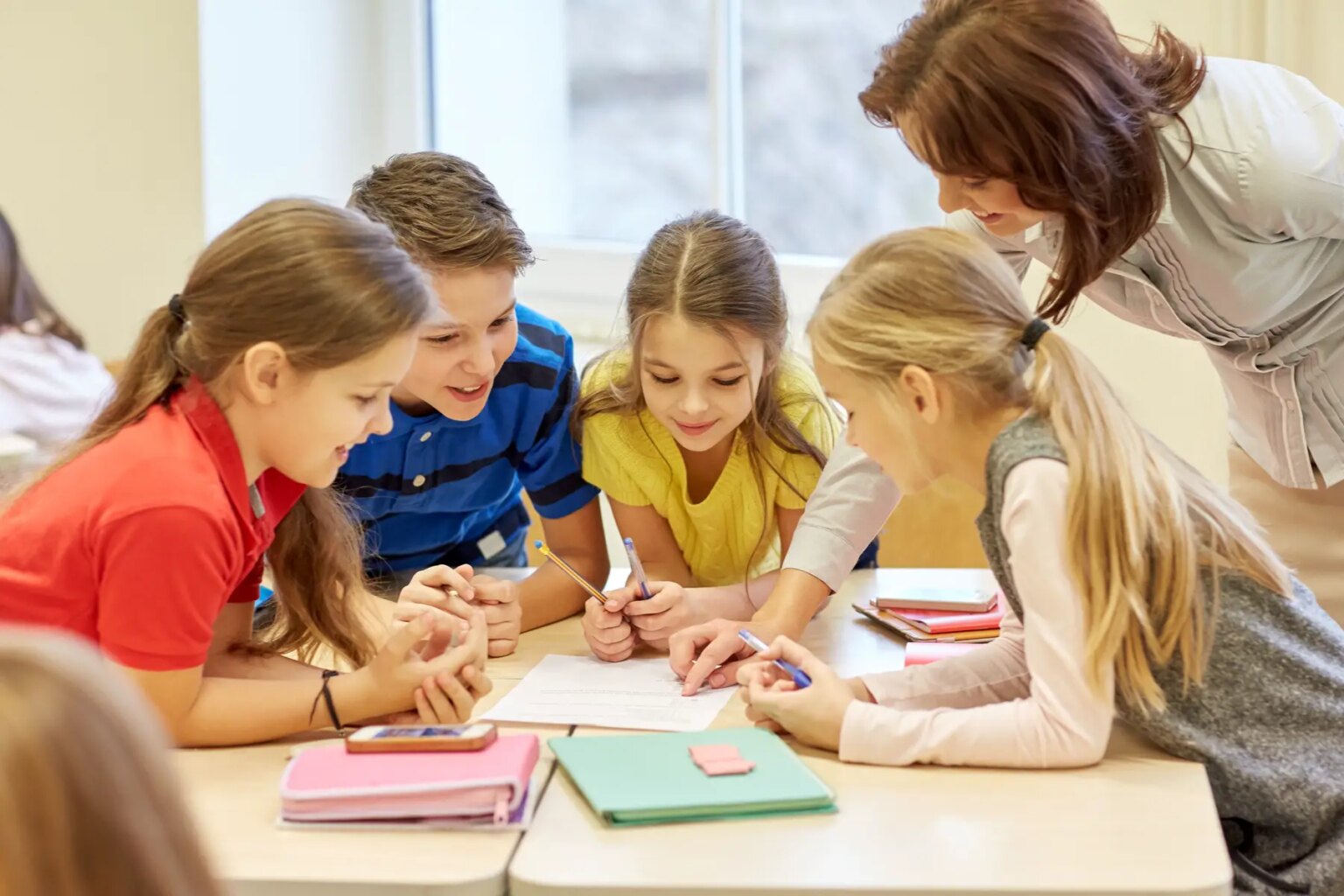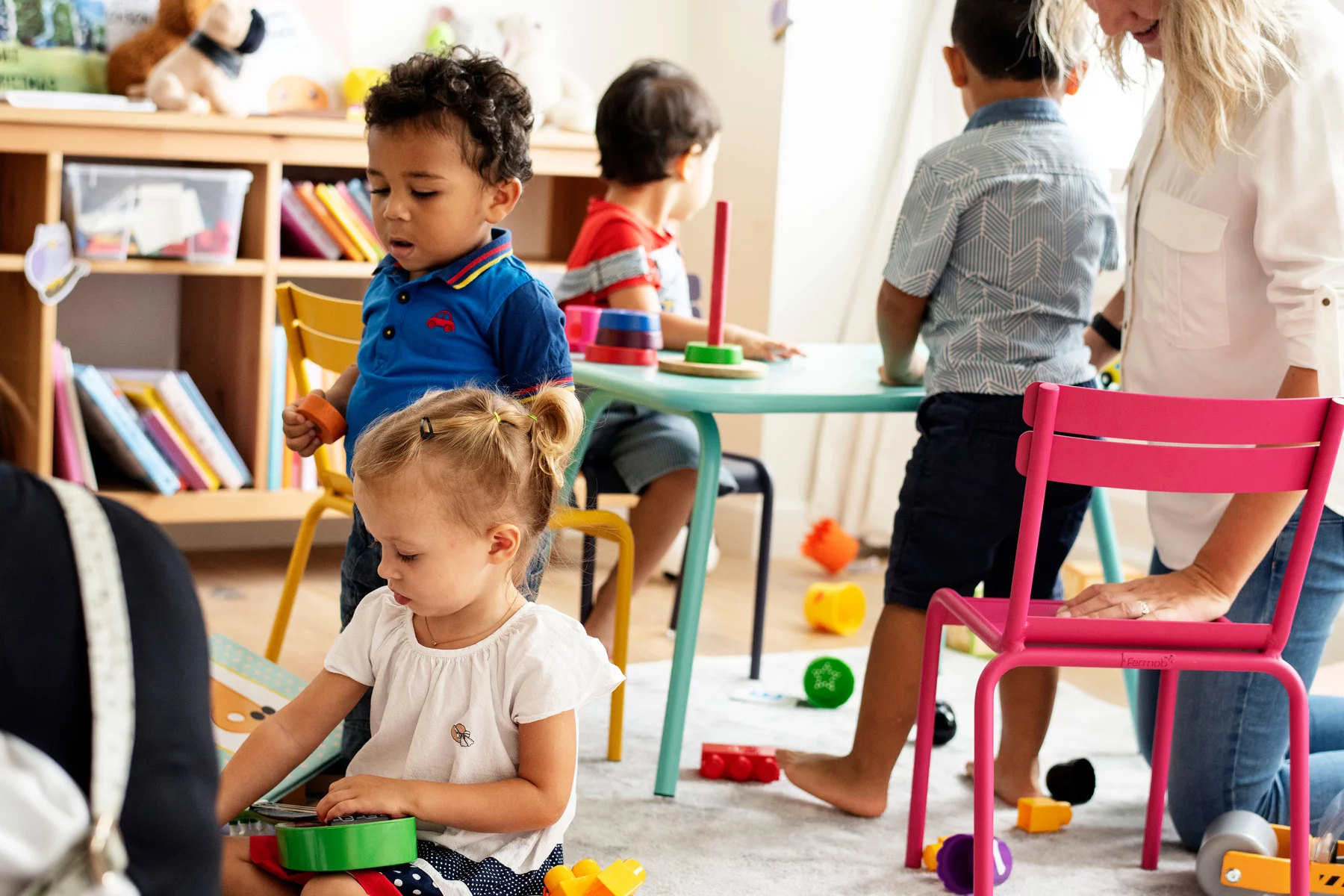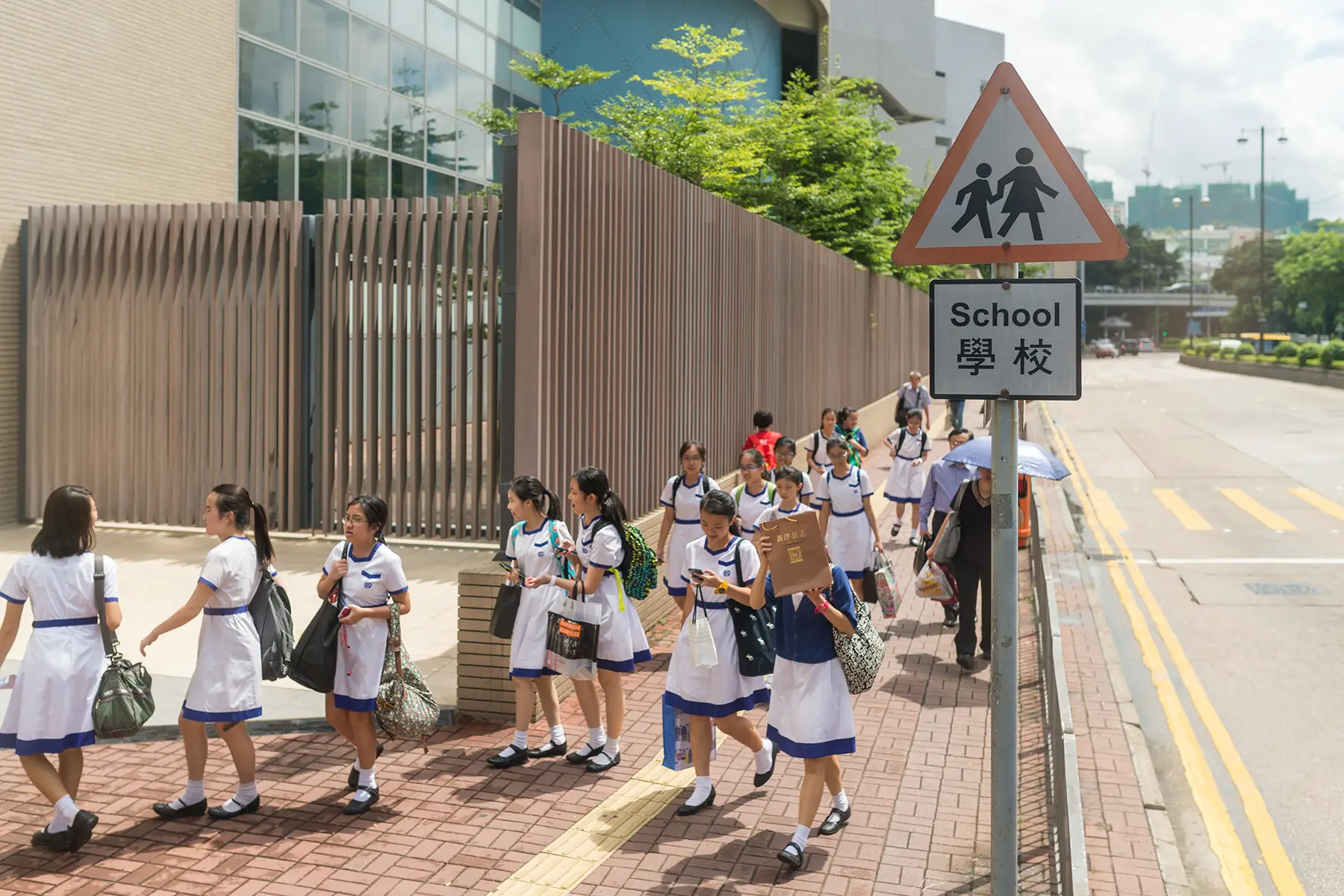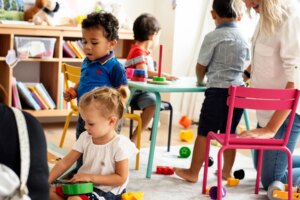Between vocational and academic tracks, public and private options, education in Austria can seem complex. So when it comes to enrolling your children in school, this can seem an intimidating process; especially for expat parents who need to first familiarize themselves with the education system. Fortunately, with a little research and some preparation, navigating education in Austria can be a relatively seamless process.
To help you out, this guide explains everything from school tracks to homeschooling, and daycare to resources for special needs children. It includes the following information:
- Education in Austria
- Preschool education in Austria
- Primary education in Austria
- Secondary education in Austria
- The International Baccalaureate (IB) in Austria
- Graduating in Austria
- Financial aid and scholarships in Austria
- Educational support for expat students in Austria
- Support for children with special educational needs (SEN) in Austria
- Changing schools in Austria
- Chances for parental involvement in schooling in Austria
- Homeschooling in Austria
Cigna Global
Enjoy peace of mind for your family while living in Austria with Cigna Global’s long-term international health insurance plans (12+ months). Get tailored coverage, direct billing with many providers, complex case management, and global care on demand, with access to a network of 1.5+ million doctors, specialists, and pediatricians.
Education in Austria
Education in Austria is divided into public, private, and international schools. Overall, educational quality is high, and your child will be in good hands. In fact, in 2015, Austrian students performed above-average when compared to other European countries. School attendance is mandatory up until the age of 15, through to ninth grade.
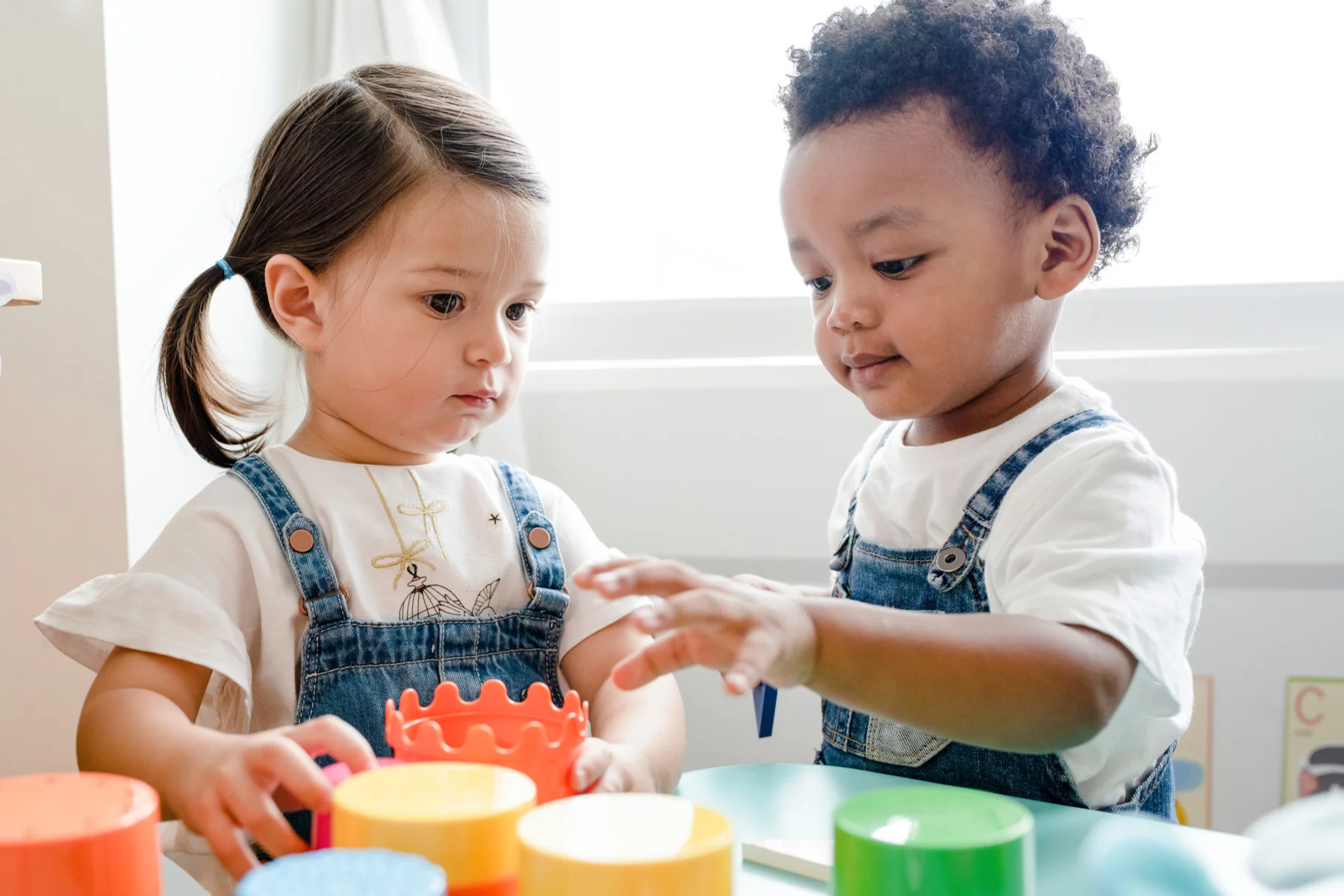
The Federal Ministry of Education funds and supervises all primary, secondary, and tertiary education in Austria, but each individual state is the administrator.
School sections in Austria
In Austria, school sections have different names. Students up to age ten will complete their primary school at a Volksschule or Grundschule, while students aged 10 to 14 or 15 will attend a junior high (Hauptschule) or secondary school (Kooperative Mittelschule). Students interested in vocational training may complete their ninth year at a polytechnical school, or Polytechnische Schule. While educational inequality is generally low in Austria, students from immigrant backgrounds do tend to have higher rates of grade repetition and early school leaving. You can find more specific information about the schooling system in Austria in our guides to schools and international schools.
Preschool education in Austria
Parents interested in preschool education in Austria have a few options. Kinderkrippen are care centers for children under the age of three, while kindergartens welcome children aged three to six. Preschool begins at age five, is free, and is mandatory. Before this age, education in Austria is not mandatory; that said, many parents do choose to enroll their children. Early childhood education, on the other hand, is not free, and costs depend on the province and the daycare center.
Fortunately, you can apply for a childcare allowance if your family circumstances meet the requirements. Generally, early childhood education in Austria is popular and accessible; in fact, in 2018, 90% of Austrian children aged three to five participated in early childhood education.
Primary education in Austria
The primary school system in Austria
Primary school education in Austria is mandatory for all students. It takes place at a Volksschule or Grundschule and caters to students aged six to ten, and ends after the fourth grade is successfully completed.

The local state authority administers primary schools in the region, however, they are funded by the federal government.
Public primary schools in Austria
Public primary education is free in Austria and the quality throughout the country is widely considered to be very high. However, if your child does not speak German, then your options are a little more limited. If your child is young and would thrive in a German-speaking school, you can enroll them in a regular public school. Another option is bilingual schooling.
Bilingual schools are public and no-cost, and offer bilingual instruction in German and English; so your child gets the best of both worlds. Unfortunately, there are a limited number of bilingual schools, and many are clustered around Vienna and other major cities where spaces fill up fast. If you live in Vienna, however, check out this helpful resource.
Private primary schools in Austria
Although most Austrians participate in the public school system, private schools account for about 8% of schools throughout the country. As an expat, you will likely be interested in international schools. That said, you can also find private schools with a particular affiliation, such as a Catholic or Montessori school, as well as ones without affiliations. Cost and admission policies vary accordingly. If there is a particular kind of private school you are looking for, be sure to ask for recommendations within your expat circles. Keep in mind, though, that many private schools that aren’t international schools do teach in German.
Secondary education in Austria
The secondary school system in Austria
In Austria, secondary school caters to students aged 10 to 18 and is compulsory until the ninth grade.

After completing primary school, students may enroll in different types of schools, depending on their interests and career goals.
Public secondary schools in Austria
Public secondary education in Austria is free and generally very high-quality. Subjects taught include the standard subjects, however, due to the various tracks that students can choose, there are many options to pursue both academic and vocational interests.
Lower secondary school in Austria
Known as Neue Mittelschule in German, lower secondary school caters to students aged 10 to 14. Generally, students study standard subjects with some options to explore their own interests in certain schools.
Pre-vocational year
The Polytechnische Schule is available to ninth-grade students and involves one year of study, often within a polytechnical school. Overall, this year seeks to prepare students for a vocational program or apprenticeship. Therefore, practical training, including company visits, are a major part of the program.
Vocational school in Austria
Known as Berufsschule, vocational schools offer both school subjects and a structured apprenticeship in their area of interest. They cater to students in grades 10 to 13.
Secondary academic school
Split into lower secondary and upper secondary school, secondary academic school is known as Allgemeinbildende Höhere Schule or Gymnasium in German. These schools cater to students who are on track to attend university. That said, after eighth grade, students can switch to a vocational program.
Private secondary schools in Austria
If you are looking for a particular brand of private school in Austria, you do have a few options, as follows.
International schools
Most expats choose to enroll their children in international schools because of the familiar language of instruction and for their continuity of study when they return to their home country. International schools are also diverse and will likely have familiar processes for both students and parents. International schools, though, are not cheap, and annual costs can range from €5,000 to €50,000 depending on the school and the grade level.

Need some guidance on how to choose a good international school for your child? Then check out our helpful guide.
Religious schools in Austria
There are plenty of religious schools in Austria with Roman Catholic schools being particularly widespread and rigorous. You can also find schools with Christian and Jewish affiliations. If this is important to you, the best place to start looking would be within your faith community.
Montessori schools in Austria
Emphasizing independence and self-sufficiency, Montessori schools are widely available in Austria. The only challenge, however, might be finding one that teaches in your preferred language of instruction. Therefore, be sure to ask around in your expat circles.
Boarding schools in Austria
For parents seeking a fuller community experience for their child, there are a number of boarding schools throughout Austria. When doing your research, be sure to filter by your preferred location, language of instruction, and whatever other considerations may be important, such as cost. This should whittle down your list quite quickly.
The International Baccalaureate (IB) in Austria
The International Baccalaureate (IB) program emphasizes critical thinking, writing, extracurricular service, and creativity. Widely recognized globally, the IB program is well-rounded and rigorous; it is also widely accepted in university applications the world over. Many parents appreciate the universality of the IB program and choose to enroll their children accordingly. There are 14 schools that offer IB in Austria. You can find out more about the program in our guide to the International Baccalaureate program.
Graduating in Austria
In order to proceed to the following grade in Austria, a student must first pass all of their classes. To continue onto an Austrian university, however, a student will need to take the school-leaving examination, the Matura. This German-language exam consists of written and oral examinations, and successful completion will grant you a certificate called a Maturazeugnis, which shows your exam grades.
Financial aid and scholarships in Austria
The Austrian government provides support to parents in several forms. Specifically, qualifying families may access a general family allowance, a tax credit for children, a school start amount, and a supplement for children with severe disabilities. If you are interested in applying, you can visit this government website. Parents seeking grants to international schools should speak to the individual schools, as scholarships would be funneled through each school.
Educational support for expat students in Austria
Expat students who are enrolled in German-speaking Austrian schools may struggle, at least initially, to adjust to both the language and the system of education in Austria. As a result, many expat parents prefer not to undergo this process and, instead, enroll their children in international or bilingual schools. International schools can be preferable because they cater specifically to expat students and parents, and because they can offer a level of continuity with home-country education systems.
Support for children with special educational needs (SEN) in Austria
Children with special educational needs have a few different options in Austria. Once it is determined that a child has special needs, they may receive that extra support alongside other students. Otherwise, parents may decide to place them in a special needs school – a Sonderschule – or in a special pedagogical center – a Sonderpädagogisches Zentrum. However, expats may run into the barrier of finding special needs services in their native language. Therefore, be sure to ask around in your expat circles.
Changing schools in Austria
If your child will be attending a public school in Austria, they will likely attend the school closest to their home. If, on the other hand, you would like to send your child to a different school, you will need to send that request to the other location’s school inspector. They will then decide whether or not to approve your request. Parents of international school students can also transfer their children to other schools; the only glitch, however, might be finding space at a different international school. International schools in Austria, especially outside of major cities, are limited, so be sure to do your research. Also bear in mind that transfer processes differ between each school.
Chances for parental involvement in schooling in Austria
International schools in Austria tend to welcome parental involvement. So if you are looking to join a Parent Teacher Association (PTA) or get similarly involved, be sure to check with your school to see your options.
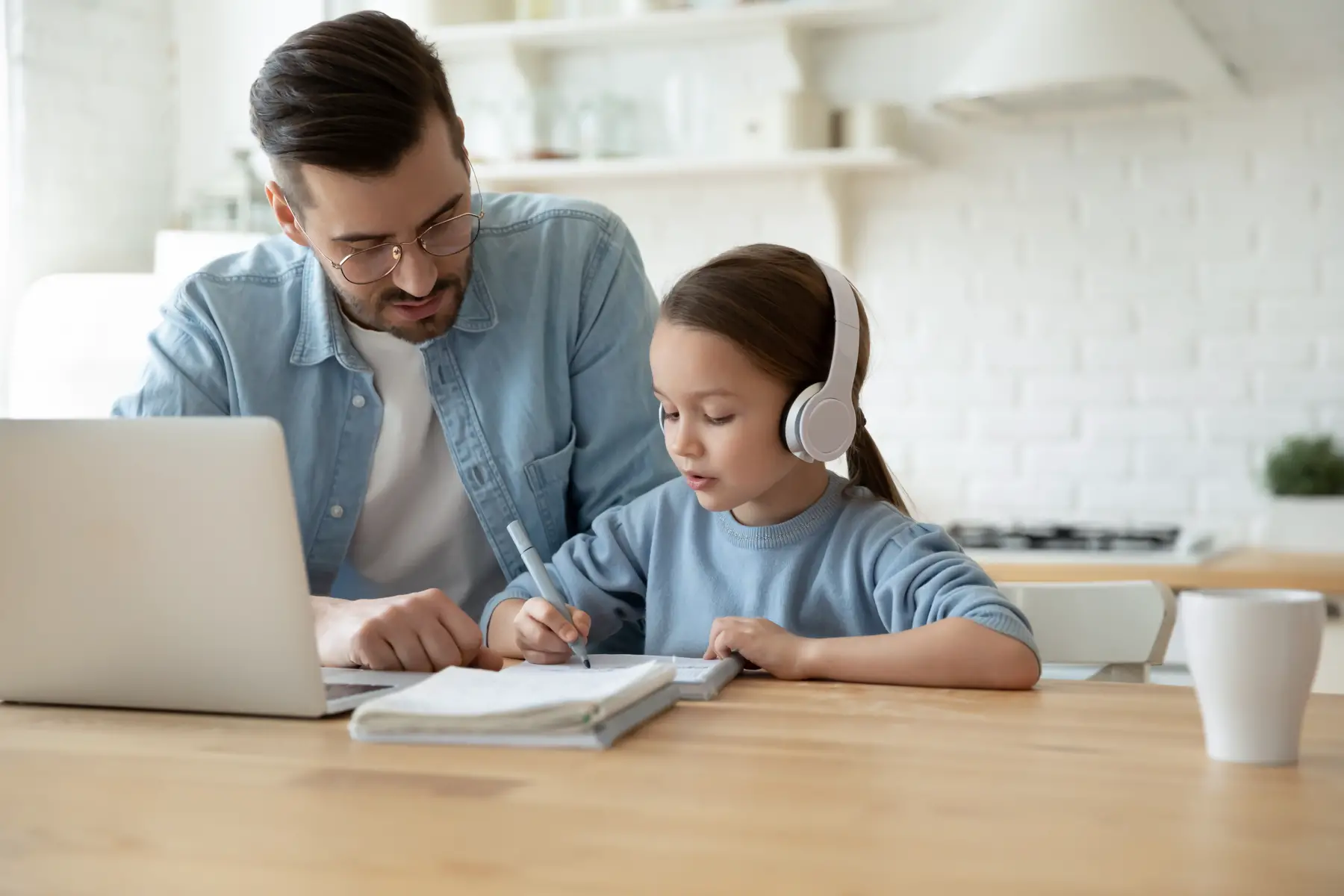
Parental involvement in public schools, however, is usually less structured and will likely require that you speak German. In any case, your best bet is to ask your school administrators about how to get involved.
Homeschooling in Austria
Homeschooling your children in Austria is a straightforward process. In fact, the right to homeschooling has been legally enshrined since 1985. An estimated 2,000 children in Austria are homeschooled each year. Parents must inform their local school board before the start of the school year of their intent to homeschool. At the end of the school year, their students must pass final exams in each of the subjects. This is to prove that the quality of home instruction is equivalent to formal education in Austria. Keep in mind, however, that the exams must be passed in German.
